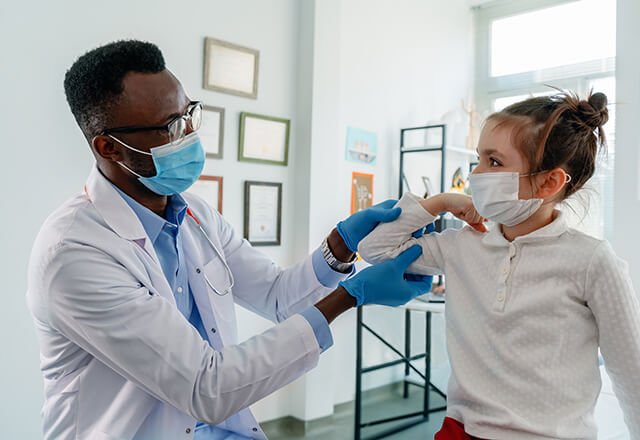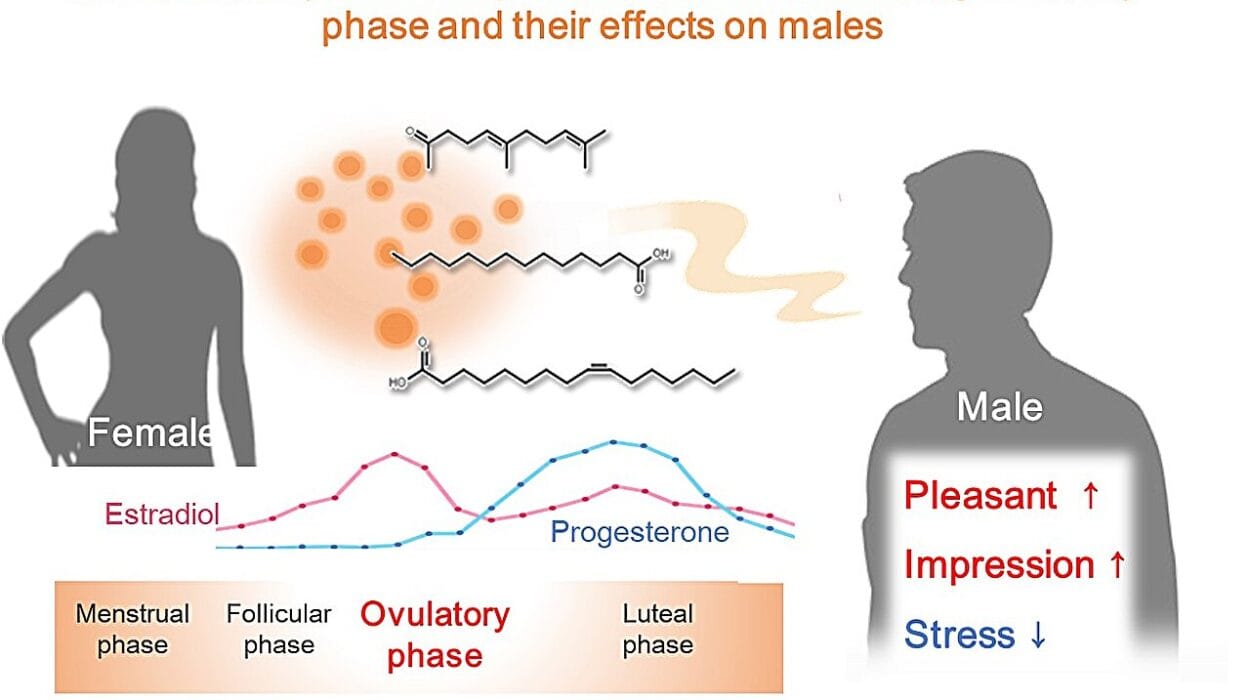Every drug, vaccine, or medical treatment that sits on a pharmacy shelf today has passed through a labyrinth of testing. Before it reached the public, it traveled through a series of carefully controlled experiments known as clinical trials. These trials are more than just scientific procedures—they are a delicate balance between exploration and ethics, hope and caution, innovation and protection. At the heart of these trials are people—real human beings volunteering to become part of something bigger than themselves, often with the dual hope of personal benefit and contributing to science.
But involving human beings in medical experiments is not as simple as mixing chemicals in a lab. History has shown us that without strict rules and ethical safeguards, the results can be disastrous, even deadly. From the horrors of Nazi experimentation during World War II to the infamous Tuskegee Syphilis Study in the United States, the past serves as a grim reminder of what can happen when research loses its moral compass.
Today, clinical trials are governed by a robust framework of laws, ethical codes, and international guidelines, all designed to protect the rights, dignity, and health of participants. This article takes a deep dive into how clinical trials on humans work, what rules and safeguards exist to ensure their safety, and why they matter more than ever in a world of rapid medical advancement.
What Exactly Is a Clinical Trial?
At its core, a clinical trial is a research study that involves human volunteers to evaluate the safety and effectiveness of new medical interventions. These interventions could be drugs, vaccines, surgical procedures, diagnostic tools, or lifestyle changes. Unlike laboratory or animal studies, clinical trials mark the first step in testing these interventions in real-life human conditions.
They are typically conducted in phases. Early phases test for safety and determine appropriate dosages, while later phases focus on efficacy and monitoring for side effects across larger and more diverse populations. Each phase is designed with increasingly stringent safety measures, but none of them are risk-free. That’s why human trials are always approached with meticulous planning and unwavering oversight.
The Historical Tragedies That Shaped Modern Ethics
To understand why today’s clinical trial system is so tightly regulated, we must look back at some of the darkest chapters in medical history. During the Nazi regime, prisoners in concentration camps were subjected to cruel and deadly experiments in the name of science. These atrocities shocked the world and led to the establishment of the Nuremberg Code in 1947—a set of research ethics that emphasized voluntary consent, the necessity of benefiting society, and the importance of minimizing harm.
But unethical experimentation didn’t end there. In the United States, the Tuskegee Syphilis Study, which began in 1932 and lasted until 1972, saw hundreds of African American men with syphilis left untreated, even after penicillin became the standard cure. They were misled and used as test subjects, suffering and dying without ever receiving proper care.
These and other tragedies led to the birth of modern research ethics. Today, international declarations such as the Declaration of Helsinki, along with national regulations, institutional review boards, and watchdog organizations, ensure that human rights are front and center in all clinical research.
Informed Consent: The Pillar of Protection
At the heart of every ethical clinical trial is the concept of informed consent. This means that participants must be fully informed about the purpose of the study, what it involves, potential risks and benefits, and their right to withdraw at any time. But informed consent is not just a form to sign—it’s a process. Researchers must communicate in a clear, non-technical way, making sure the participant understands everything and is making a voluntary decision.
Informed consent respects the autonomy of the individual. It acknowledges that every person has the right to control what happens to their own body. For vulnerable populations, such as children, mentally ill patients, or economically disadvantaged individuals, extra precautions are required. Guardianship, simplified explanations, and additional layers of review come into play to ensure their protection.
The Role of Institutional Review Boards (IRBs)
Before a single participant is enrolled in a clinical trial, the entire study must be reviewed and approved by an Institutional Review Board (IRB) or Ethics Committee. These independent bodies are composed of scientists, doctors, ethicists, and community members. Their job is to scrutinize the study design to ensure it is ethically sound, scientifically valid, and minimizes risk to participants.
An IRB looks at everything: Are the potential benefits worth the risks? Is the participant population being treated fairly? Are vulnerable groups being exploited? Is the informed consent process adequate? The IRB has the power to demand changes, delay the trial, or shut it down entirely if ethical standards aren’t met. This system of oversight is essential for maintaining public trust and scientific integrity.
Phases of Clinical Trials and Safety at Each Step
Clinical trials typically progress through four main phases, each designed with its own goals and safety mechanisms.
Phase I trials are the first step in testing a new drug or treatment in humans. Usually involving a small group of healthy volunteers, this phase assesses safety, tolerability, and dosage. These trials are high-risk because this is often the first time the drug is used in humans. Participants are monitored intensively, and the trial can be halted at any sign of danger.
Phase II expands the trial to a larger group of people who actually have the disease or condition. The focus shifts toward evaluating how well the treatment works, while still monitoring safety and side effects. Dosages may be adjusted, and comparisons with placebo or standard treatment begin to take shape.
Phase III trials involve hundreds or even thousands of participants across multiple locations. These large-scale studies compare the new treatment against the current standard to confirm effectiveness, monitor side effects, and collect comprehensive data. If successful, results from this phase are submitted to regulatory agencies for approval.
Phase IV, or post-marketing surveillance, takes place after a drug has been approved and is on the market. Even at this stage, ongoing monitoring ensures that long-term or rare side effects are identified and managed. This phase can lead to changes in labeling, dosage, or, in some cases, withdrawal of the product from the market.
Safeguards for Special Populations
Some groups require extra protection in clinical research. These include children, pregnant women, the elderly, prisoners, and people with cognitive impairments. Safeguards for these groups go beyond just informed consent—they involve heightened ethical scrutiny.
For children, assent must be obtained alongside parental consent. Trials must be designed to minimize pain or discomfort. Pregnant women are often excluded from early-phase trials due to potential risks to the fetus unless the study is specifically about maternal health. The elderly may have co-existing conditions or medications that complicate trial participation, requiring special monitoring.
Researchers must ensure that these groups are neither unfairly excluded from potential benefits nor exploited for convenience. This balance requires thoughtful protocol design and careful ethical review.
Data Monitoring and Safety Committees
Even with the best planning, unexpected problems can arise during a clinical trial. That’s why many trials, especially in later phases, employ an independent Data and Safety Monitoring Board (DSMB). This board periodically reviews interim data to determine whether the trial should continue, be modified, or be terminated early.
The DSMB can stop a trial if it becomes clear that the treatment is harmful, ineffective, or overwhelmingly beneficial. They also ensure that the trial remains ethical in light of emerging data. These real-time decisions can save lives and protect participants from unnecessary harm.
Globalization of Clinical Trials and Ethical Challenges
In recent decades, more and more clinical trials have moved to low- and middle-income countries. There are practical reasons for this—faster recruitment, lower costs, and access to treatment-naïve populations. But this globalization raises ethical red flags.
Are participants in these countries being fully informed and treated with respect? Are they being compensated fairly? What happens to them once the trial ends—do they continue to receive the treatment if it proves effective? These are difficult questions that require vigilant oversight and international cooperation.
Organizations like the World Health Organization (WHO) and Council for International Organizations of Medical Sciences (CIOMS) provide ethical guidelines specifically for trials conducted in global settings. Nevertheless, challenges persist, and the push for equitable, transparent, and fair trials continues.
The Role of Regulatory Agencies
Once a trial is completed, the data is submitted to regulatory agencies such as the U.S. Food and Drug Administration (FDA), European Medicines Agency (EMA), or other national bodies. These agencies rigorously analyze the trial data for safety, efficacy, and manufacturing quality before approving a new drug or device.
Regulatory agencies also enforce Good Clinical Practice (GCP) standards—a set of internationally recognized quality guidelines that ensure ethical and scientific integrity. They conduct site inspections, audit data, and can impose penalties for violations. These bodies serve as the final gatekeepers before a new treatment reaches the public.
The Digital Era and New Frontiers in Trials
The landscape of clinical trials is evolving rapidly. Digital technology is enabling decentralized trials, where participants can enroll, provide data, and receive treatment without ever visiting a trial site. Wearable devices, electronic health records, and mobile apps are transforming how data is collected and analyzed.
While these innovations offer convenience and increased access, they also pose new ethical challenges. How is personal data protected? Are participants tech-savvy enough to navigate digital platforms? What happens when something goes wrong far from a clinical site? As the industry adapts, regulations and safeguards must evolve to meet these new realities.
Transparency, Reporting, and Public Trust
Transparency is essential for maintaining public trust in clinical research. Unfortunately, not all clinical trial results see the light of day—especially when the outcomes are negative or inconclusive. This “publication bias” distorts scientific knowledge and can lead to unnecessary repetition, wasted resources, or harm to patients.
To address this, many countries now require that all clinical trials be registered in public databases like ClinicalTrials.gov before they begin. Results must be reported within a specified timeframe, regardless of outcome. Journals, regulators, and ethics committees are also pushing for greater accountability.
Transparency extends to how data is used and shared. Participants have a right to know what happens to their information. Emerging concepts like data ownership, open access, and participant-centric research are reshaping the ethics of information in the 21st century.
Conclusion: Science With a Soul
Clinical trials are the crucibles in which medical advances are forged. They represent the intersection of science and humanity, where the pursuit of knowledge meets the imperative to do no harm. At their best, they are powerful instruments of healing, discovery, and progress. At their worst, they can become dark corridors of exploitation and suffering.
But we have learned from the past. Today’s rules and safeguards are not just bureaucratic checkboxes—they are moral commitments. They ensure that when we test new treatments on human beings, we do so with respect, transparency, and care. They honor the courage of every participant who steps forward, not knowing what lies ahead but willing to be part of something meaningful.
As we move into an era of personalized medicine, artificial intelligence, and genetic therapies, the importance of ethical clinical trials will only grow. The science may become more complex, but the principles must remain simple: respect the individual, seek the truth, and never forget that behind every data point is a human story.
In the world of clinical trials, safeguards are not obstacles—they are the very foundation of ethical science. Without them, we risk losing not only our credibility but our humanity.






